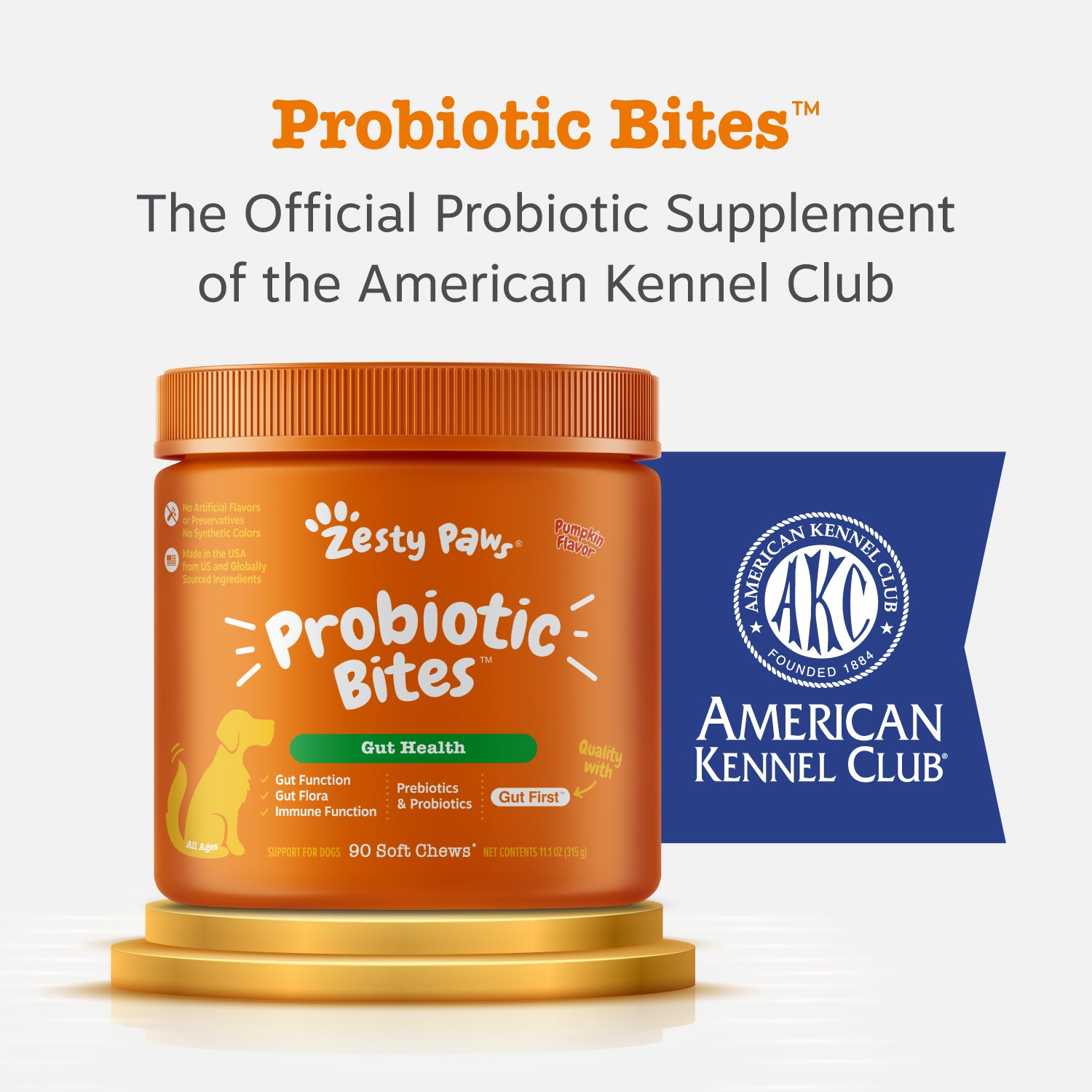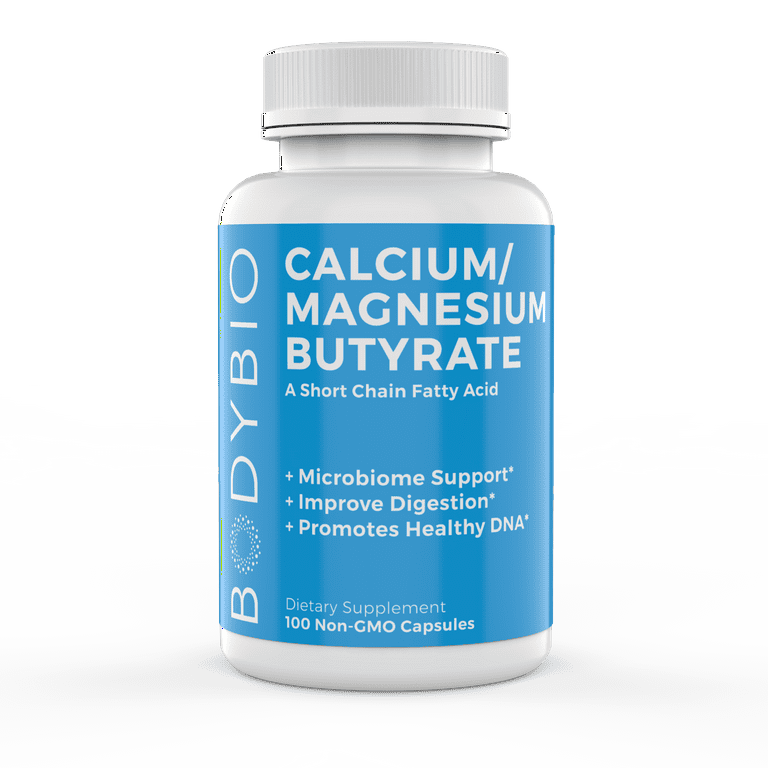Exploring the Causes and Symptoms of Gut Issues and the Duty of Digestive Tract Wellness Supplement
Intestine health and wellness is a vital aspect of overall wellness. Poor nutritional choices, anxiety, and imbalances in digestive tract microorganisms can cause different digestive system concerns. Symptoms such as bloating, diarrhea, and abdominal discomfort often show much deeper health and wellness problems. Recognizing these reasons and the potential duty of gut health supplements may provide crucial insights. What strategies can be employed to bring back equilibrium and enhance intestine feature? The answers may depend on the following actions.
Recognizing the Gut Microbiome
The intestine microbiome, an intricate environment of trillions of bacteria living in the digestive system tract, plays a crucial duty in general health. This varied neighborhood is composed of germs, viruses, fungis, and various other microbes that engage symbiotically with the human host. They aid in the food digestion of food, the synthesis of vitamins, and the policy of metabolic process. Furthermore, the intestine microbiome substantially affects the immune system, assisting to safeguard against pathogens and keep a well balanced inflammatory reaction. Research study suggests that a healthy microbiome is essential for psychological wellness, with gut-brain communications influencing mood and actions. Aspects such as diet, way of life, and ecological exposures can shape the structure of the microbiome, highlighting the significance of maintaining a well balanced diet rich in fiber and probiotics. Understanding this intricate environment uses insights into exactly how intestine health and wellness can affect general physical and mental wellness, highlighting its importance in wellness monitoring.
Typical Reasons For Digestion Problems
Many variables can contribute to digestive system concerns, specific typical reasons often interrupt intestine wellness. Poor dietary options, such as high sugar and processed food usage, can bring about imbalances in intestine germs. Furthermore, poor fiber consumption can impede food digestion and advertise bowel irregularity. Anxiety is another considerable aspect, as it can modify gut feature and intensify status quo. In addition, lack of physical activity may reduce down the digestive system, causing discomfort and bloating.
Infections, including microbial, viral, or parasitical representatives, can also activate intestinal disturbances. Food allergies and intolerances, especially to gluten and lactose, commonly lead to gastrointestinal pain. The abuse of prescription antibiotics can interrupt the natural microbiome, leading to further problems. Identifying these typical reasons is necessary for individuals looking for to improve their intestine wellness and total well-being.
Recognizing Signs of Intestine Issues
Identifying signs and symptoms of gut issues can be necessary for timely treatment and enhanced health. Individuals experiencing intestinal pain needs to know a number of typical indicators that suggest underlying issues. Symptoms may include bloating, gas, diarrhea, irregular bowel movements, and abdominal discomfort. These indications can vary in strength and frequency, typically mirroring the extent of the intestine problem. Additionally, some individuals may observe unplanned weight management, exhaustion, or modifications in hunger, which could signal a much more serious condition. Skin issues, such as breakouts or acne, might likewise develop, connecting digestive tract wellness to overall wellness. Significantly, relentless signs and symptoms ought to not be neglected, as early acknowledgment can facilitate reliable therapy and prevent more problems. A comprehensive understanding of one's bodily signals is vital, allowing individuals to seek medical recommendations when required and possibly leading to much better wellness outcomes through suitable interventions.
The Impact of Diet Plan on Intestine Health And Wellness
Diet regimen plays a vital duty in identifying gut health and wellness, influencing both microbial balance and digestion efficiency. Nutrient-rich foods can promote a healthy gut setting, while refined foods might cause discrepancies and gastrointestinal problems. Recognizing these dietary effects is important for maintaining total digestive tract health and wellness.
Nutrient-Rich Foods
While numerous variables influence digestive tract wellness, the duty of nutrient-rich foods can not be overstated. A diet bountiful in entire foods, such as fruits, veggies, whole grains, lean proteins, and healthy fats, contributes significantly to maintaining a balanced intestine microbiome. These foods supply necessary vitamins, minerals, and antioxidants that support digestion health and reduce inflammation. Fiber-rich alternatives, specifically, advertise normal digestive tract movements and nurture helpful digestive tract microorganisms, enhancing general gut feature. Probiotic-rich foods like yogurt and fermented vegetables better support digestive tract plants, assisting food digestion. Incorporating a selection of nutrient-dense foods not only cultivates a healthy and balanced gut setting yet also enhances the immune system, adding to total wellness. Prioritizing these foods can result in improved intestine health and wellness and avoid prospective concerns.
Refined Food Results
The intake of refined foods can substantially weaken digestive tract health and wellness, counteracting the benefits of nutrient-rich alternatives. These foods are often high in preservatives, ingredients, and sugars, which can interrupt the equilibrium of digestive tract microbiota. A diet abundant in processed items tends to lack crucial nutrients, resulting in deficiencies that compromise gastrointestinal feature. Too much sugar and unhealthy fats can promote swelling and contribute to problems like irritable digestive tract syndrome (IBS) and leaking gut syndrome. This inequality may cause symptoms such as gas, pain, and bloating. Additionally, the low fiber material in refined foods reduces digestion health by restricting the development of beneficial microorganisms. Inevitably, a change in the direction of whole, unrefined foods is important for maintaining ideal gut function and overall well-being
Exactly How Stress Impacts Food Digestion
Stress greatly impacts digestion by triggering a waterfall of physical responses that can disrupt typical gastrointestinal function. When a specific experiences stress and anxiety, the body enters a fight-or-flight mode, launching hormonal agents such as cortisol and adrenaline. These hormonal agents can reduce food digestion by reducing blood flow to the digestive system body organs, resulting in symptoms such as irregular bowel movements, bloating, or diarrhea.
Tension can change the gut microbiome, negatively impacting the equilibrium of useful germs. This inequality can aggravate existing intestine issues or create brand-new ones. Additionally, stress frequently brings about unhealthy consuming practices, such as overeating or consuming refined foods, which can better compromise digestive system health.
Emotional elements, such as stress and anxiety and clinical depression, can also add to stomach pain, developing a comments loophole that continues gut problems. Consequently, recognizing the detailed connection in between anxiety and food digestion is important for preserving total intestine wellness.
The Function of Intestine Health Supplements
Gut health and wellness supplements play a substantial role in boosting digestive system function and overall health. Key active ingredients, such as prebiotics and probiotics, are necessary for keeping a well balanced intestine microbiome. Comprehending the benefits and elements of these supplements can aid people in making notified selections for their digestion health.
Benefits of Digestive Tract Supplements
A growing digestion system is essential for overall health, and digestive tract health and wellness supplements can play a substantial role in attaining this balance. These supplements typically have probiotics, prebiotics, and different nutrients that sustain digestive system feature and promote a healthy and balanced digestive tract microbiome. By enhancing the development of useful bacteria, they can boost digestion, reduce bloating, and relieve discomfort connected with stomach issues. Furthermore, intestine supplements might reinforce the digestive tract barrier, possibly reducing the threat of food level of sensitivities and inflammatory conditions. Routine use can additionally add to enhanced nutrient absorption, power degrees, and also psychological health, as intestine wellness is closely connected to state of mind guideline. Eventually, including gut health and wellness supplements can be a tactical approach to keeping digestive system consistency and overall health.

Secret Components to Think About
When choosing gut health and wellness use this link supplements, recognizing the key ingredients is essential for maximizing their advantages. Probiotics, specifically Lactobacillus and Bifidobacterium strains, are crucial as they help restore a well balanced intestine microbiome. Prebiotics, such as inulin and fructooligosaccharides, act as food for these beneficial bacteria, advertising their growth. Digestive system enzymes, consisting of amylase and protease, assist in damaging down food, boosting vitamins and mineral absorption. Furthermore, fiber sources like psyllium husk assistance regular defecation and overall digestive tract wellness. Other beneficial ingredients may include L-glutamine, which assists in repairing intestine cellular lining, and zinc, understood for its immune-supporting residential or commercial properties. Picking supplements with these crucial elements can substantially enhance intestine health and wellness and overall well-being.
Tips for Maintaining a Healthy Intestine
Preserving a healthy intestine is crucial for general health, as it plays an essential role in food digestion, resistance, and nutrient absorption. To support gut health, individuals need to focus on a well balanced diet plan rich in fiber from fruits, veggies, and whole grains. These foods promote beneficial germs in the intestine. Additionally, including fermented foods such as sauerkraut, kefir, and yogurt can improve gut flora variety. Remaining hydrated is likewise essential, as sufficient water consumption aids digestion and nutrient transport.
Regular physical task contributes to intestine health by promoting efficient food digestion and minimizing stress, which can negatively affect intestine function. Moreover, managing anxiety via mindfulness practices like reflection or yoga can also support gut health. Staying clear of extreme use of anti-biotics and limiting refined foods, sugars, and harmful fats can cultivate a balanced digestive tract environment. By embracing these methods, people can greatly enhance their gut health and overall wellness.
Regularly Asked Questions

Can Digestive Tract Wellness Influence Mental Health And Wellness and State Of Mind Security?
Research study suggests a substantial web link in between intestine health and wellness and psychological health. The gut microbiome can affect state of mind stability and psychological wellness, recommending that maintaining a healthy and balanced digestive tract might add favorably to psychological strength and cognitive function.
Exist Certain Foods to Prevent for Better Gut Health And Wellness?
Specific foods can adversely impact gut health and wellness, consisting of processed sugars, man-made sweeteners, and high-fat dairy products. Minimizing these things may enhance digestion feature and advertise a much healthier digestive tract microbiome, causing overall much better health and wellness.
How Long Does It Take for Gut Wellness Supplements to Show Consequences?
The duration for gut health supplements to show effects differs amongst individuals. Generally, visible adjustments may occur within a couple of weeks, however some people might require numerous months for the original source ideal outcomes, relying on their distinct wellness problems.
Can Children Experience Gut Concerns Similar to Grownups?

Youngsters can experience intestine problems similar to adults, including pain, bloating, and uneven defecation (supplement for bloating). Factors such as diet plan, stress and anxiety, and infections might contribute to these problems, making understanding and administration vital for their wellness
What Are the Long-Term Impacts of Neglected Digestive Tract Troubles?

Fiber-rich options, specifically, promote regular digestive tract activities and nourish helpful intestine germs, boosting total intestine function. A prospering digestive system is vital for general health and wellness, and intestine wellness supplements can play a substantial duty in attaining this balance. Furthermore, gut supplements might strengthen the digestive tract obstacle, potentially minimizing the threat of food sensitivities and inflammatory conditions (supplement for bloating). Regular physical activity contributes to gut health by promoting reliable digestion and decreasing stress, which can negatively affect gut function. more helpful hints Certain foods can adversely affect digestive tract wellness, including processed sugars, man-made sweeteners, and high-fat dairy products